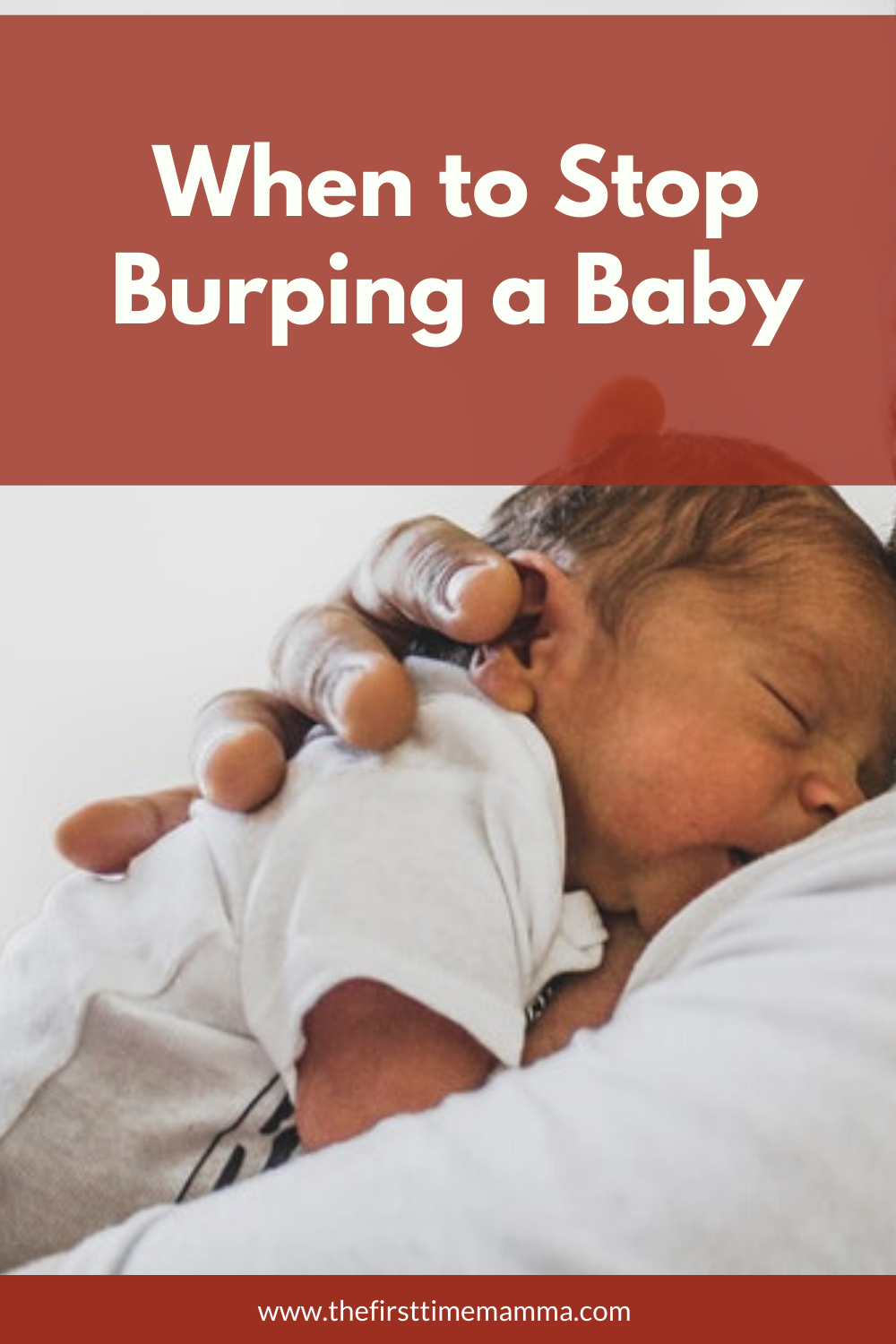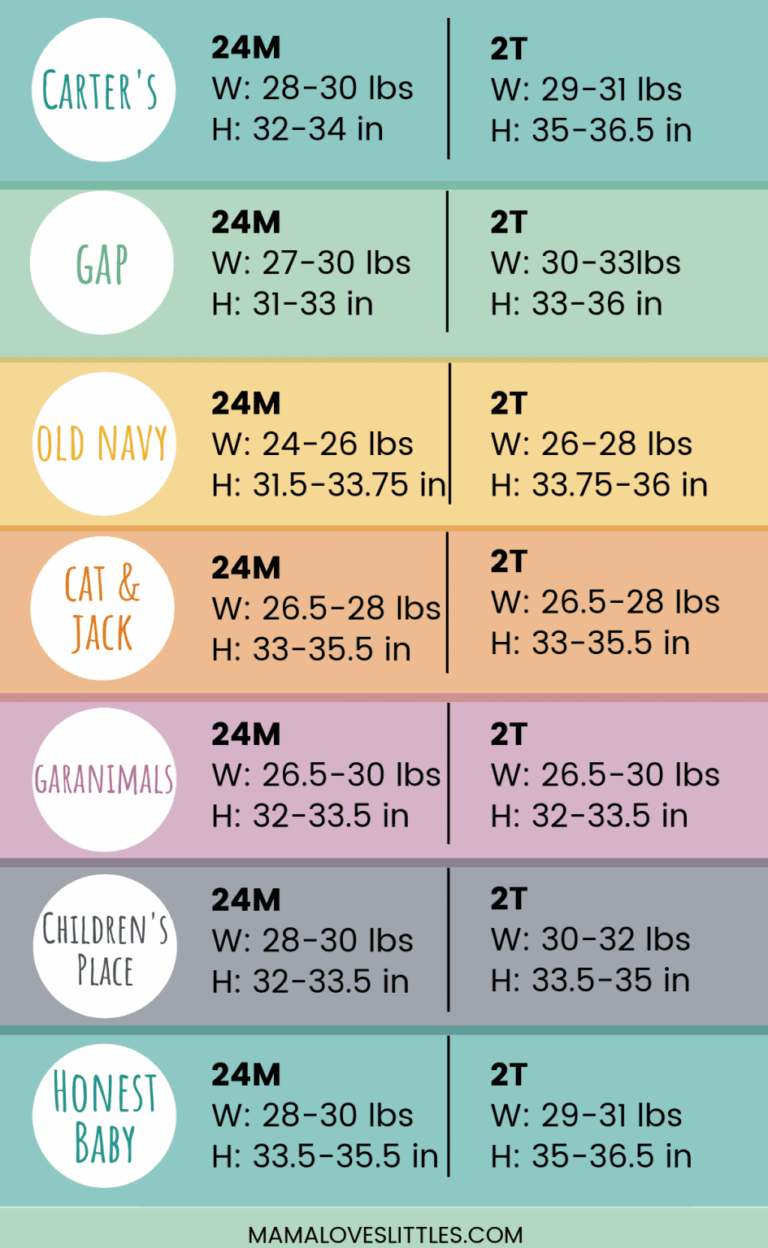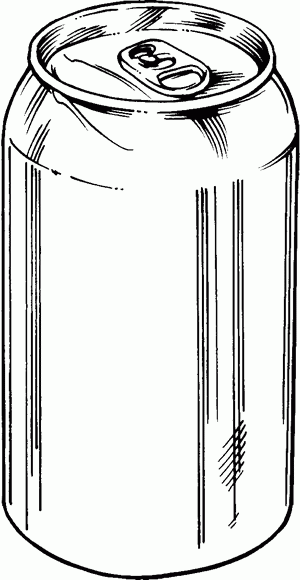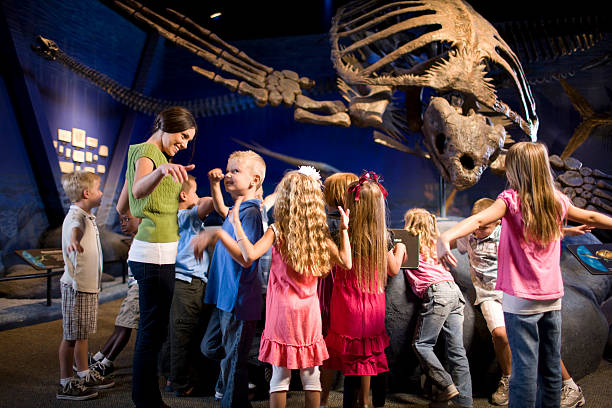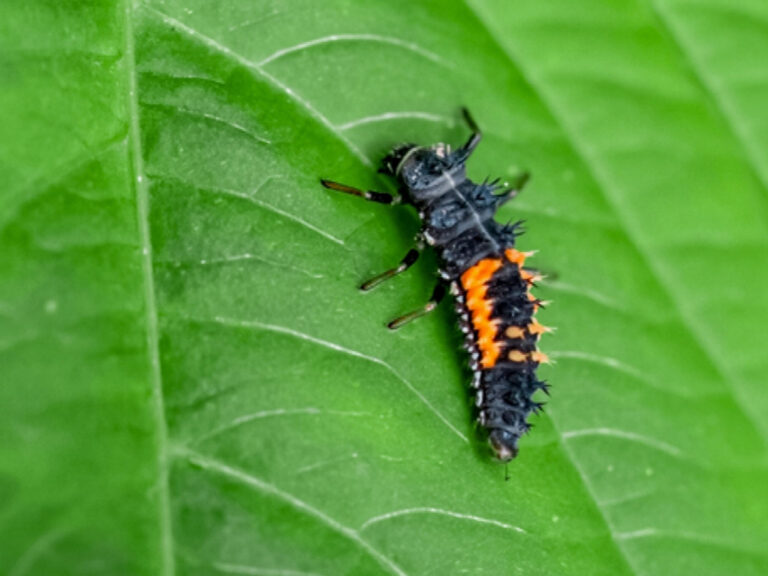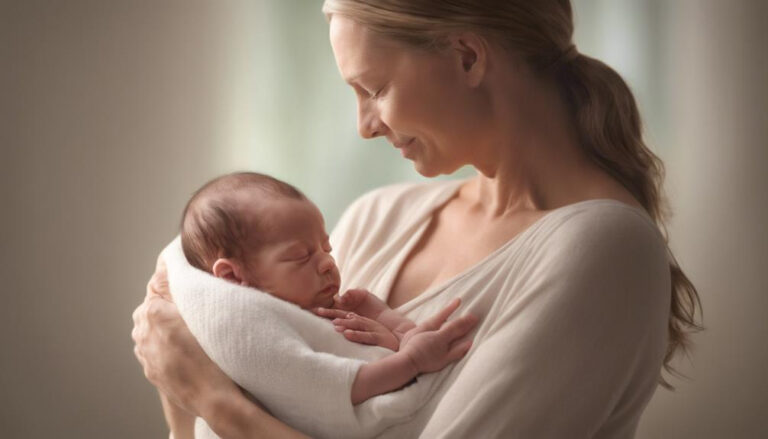At What Age Can You Stop Burping A Baby: The Ultimate Guide
Are you a new parent wondering when it’s time to stop burping your baby? This comprehensive guide will provide you with all the information you need to know about when and how to stop burping your little one. From the reasons behind burping to the signs that your baby may no longer need it, we’ve got you covered. Let’s dive in!
Knowledge
Before we discuss the age at which you can stop burping your baby, it’s essential to understand why burping is necessary in the first place. When babies feed, they tend to swallow air along with their milk or formula. This can lead to discomfort and gas buildup in their tiny tummies, causing them to feel fussy and irritable. Burping helps release this trapped air, providing relief to your baby and reducing the chances of spit-up or colic.
Most pediatricians recommend burping your baby after every feeding, whether they are breastfed or bottle-fed. However, as your baby grows and develops, their digestive system becomes more efficient at handling air, leading to fewer instances of trapped gas. As a result, you may notice that your baby no longer needs to be burped as frequently.
So, at what age can you stop burping your baby? While every child is different, most babies reach a developmental milestone around 4 to 6 months of age where they can effectively burp on their own. This is because they have better head and neck control, allowing them to expel air more easily without assistance.
It’s essential to pay attention to your baby’s cues and behavior to determine if they still require burping. Signs that your baby may no longer need to be burped include decreased fussiness after feedings, fewer instances of spit-up, and the ability to self-soothe. If your baby seems content and happy after feedings without requiring burping, it may be time to gradually reduce or eliminate this practice.
However, it’s crucial to note that some babies may continue to benefit from burping even past the 6-month mark. If your baby still shows signs of discomfort or gas after feedings, it’s best to continue burping them until they outgrow these issues.
Conclusion
In conclusion, the age at which you can stop burping your baby varies from child to child. While most babies can self-burp around 4 to 6 months of age, some may require burping for a longer period. Paying attention to your baby’s cues and behavior is key in determining when it’s time to phase out burping.
Remember, every baby is unique, and what works for one may not work for another. Trust your instincts as a parent and consult with your pediatrician if you have any concerns about your baby’s feeding and digestion. By understanding your baby’s needs and adjusting your feeding routine accordingly, you can ensure that they are happy, healthy, and well-fed.
